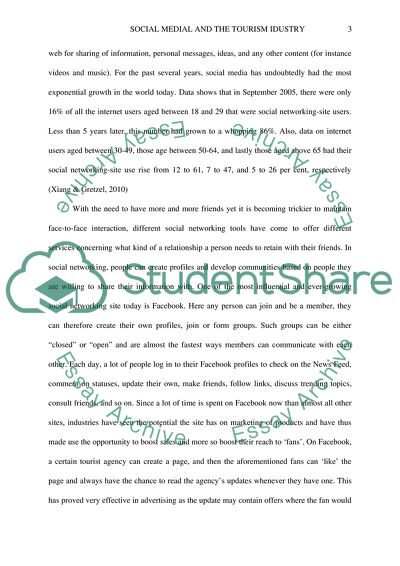Cite this document
(Social Media and Its Impact on the Tourism Industry Essay, n.d.)
Social Media and Its Impact on the Tourism Industry Essay. https://studentshare.org/tourism/1855165-social-media-marketing-within-the-hospitality-industry
Social Media and Its Impact on the Tourism Industry Essay. https://studentshare.org/tourism/1855165-social-media-marketing-within-the-hospitality-industry
(Social Media and Its Impact on the Tourism Industry Essay)
Social Media and Its Impact on the Tourism Industry Essay. https://studentshare.org/tourism/1855165-social-media-marketing-within-the-hospitality-industry.
Social Media and Its Impact on the Tourism Industry Essay. https://studentshare.org/tourism/1855165-social-media-marketing-within-the-hospitality-industry.
“Social Media and Its Impact on the Tourism Industry Essay”. https://studentshare.org/tourism/1855165-social-media-marketing-within-the-hospitality-industry.


